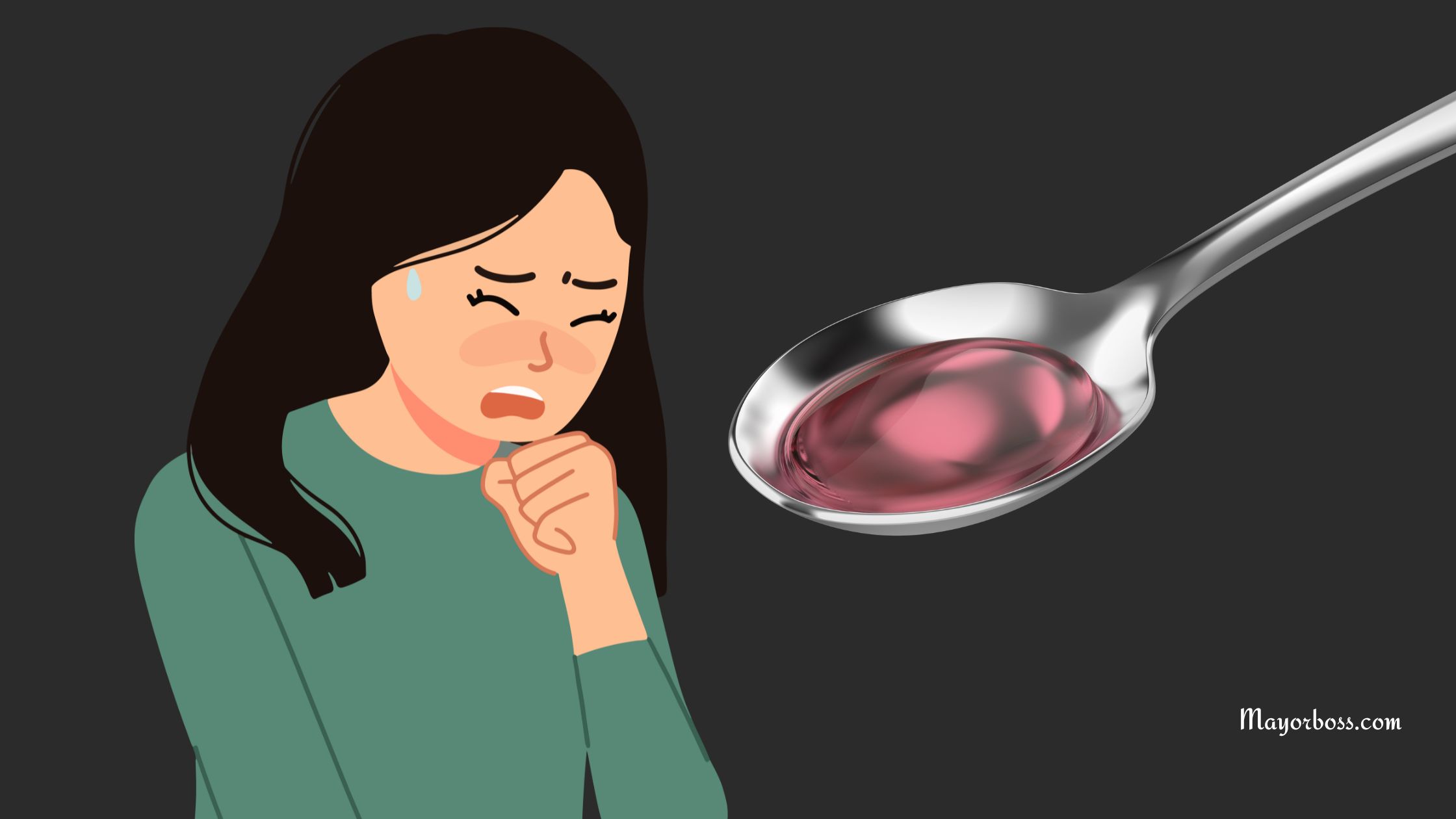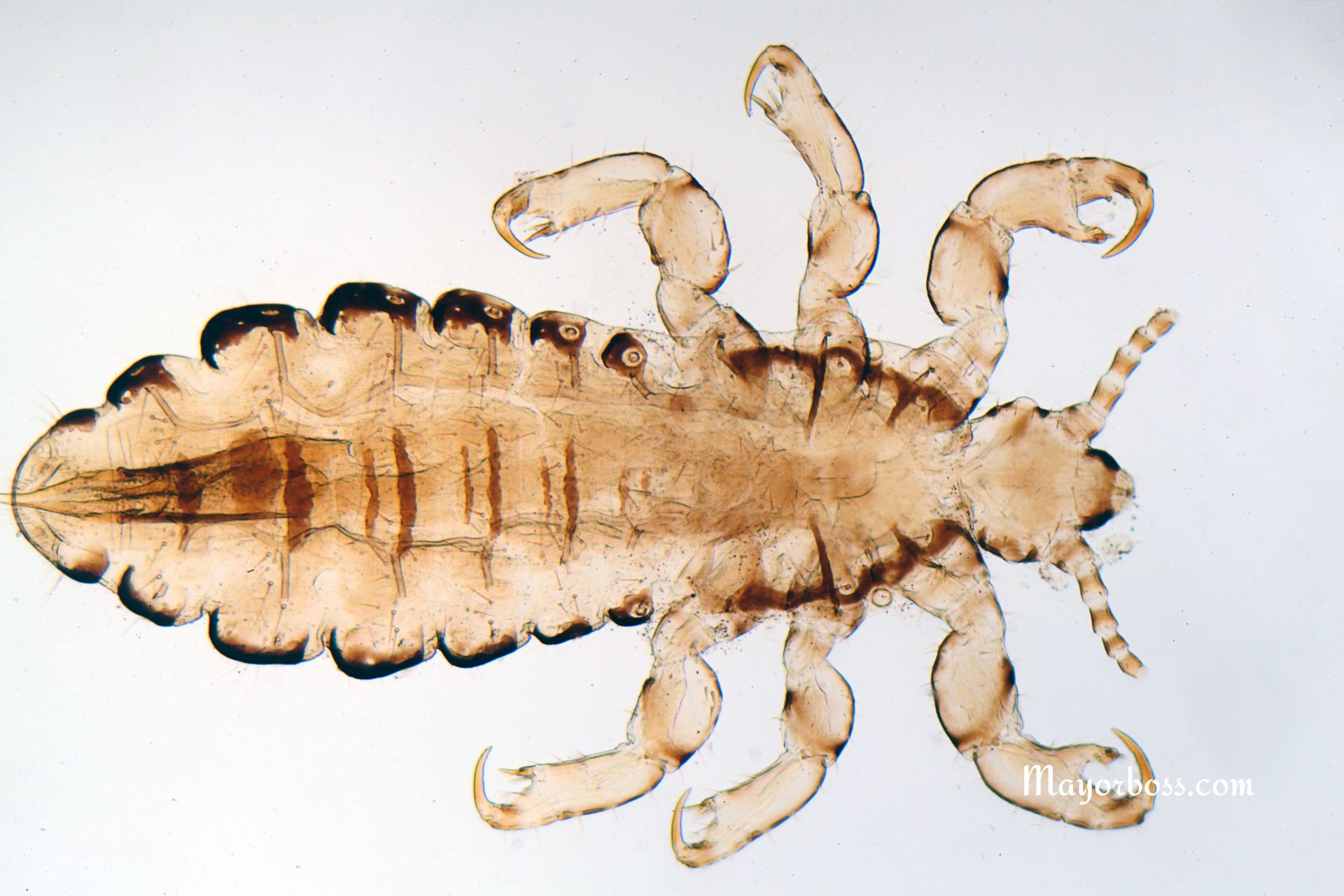9 Natural Ways to Ease a Persistent Cough
Having a persistent cough can be really annoying, especially when it just won’t go away. Whether it’s from a cold, allergies, or something else, there are natural ways to help make it better. Here are some easy and effective home remedies to try. Remember, if your cough is really bad or doesn’t get better, it’s important to talk to your doctor.

1. Honey
Honey is a popular natural remedy for a cough because it can soothe your throat and reduce irritation. It also has anti-inflammatory properties. To use honey, mix a tablespoon into a cup of warm water or herbal tea. Drink this mixture once or twice a day to help ease your cough. Keep in mind honey is not safe for children under one year old.
2. Steam Inhalation
Inhaling steam is a good way to loosen up mucus in your chest, which might be causing your cough. Boil a pot of water, then carefully move it off the heat. Lean over the pot with a towel over your head to trap the steam, and breathe deeply for 5-10 minutes. You can add essential oils like eucalyptus or peppermint for extra relief.
3. Gargling Salt Water
Gargling salt water can help reduce a cough that’s caused by a sore throat. Dissolve half a teaspoon of salt in a glass of warm water, then gargle it for about 30 seconds. This helps reduce inflammation and gets rid of irritants in your throat. Try this once or twice a day.
4. Ginger Tea
As per experts, ginger is great for calming a cough because it helps relax the muscles around your airways. It also has anti-inflammatory and immune-boosting properties. To make ginger tea, slice fresh ginger and add it to boiling water. Let it steep for 10-15 minutes, then drink it. Adding honey can make it taste better and give extra soothing effects.
5. Stay Hydrated
Drinking lots of fluids is really important when you have a cough. Staying hydrated keeps your throat moist and thins out mucus, which helps with coughing. Water, herbal teas, broths, and soups are all good options. Avoid drinks with caffeine or alcohol because they can dehydrate you and make your cough worse.
6. Elevating Your Head While Sleeping
Coughing at night can make it hard to sleep. Raising your head with extra pillows can help by keeping mucus from gathering in your throat. Try sleeping with your head at an angle to make it easier to breathe and lessen coughing at night.
7. Peppermint
Peppermint is a natural way to help with a cough. The menthol in peppermint acts as a decongestant and soothes your throat. You can drink peppermint tea or use peppermint essential oil in steam to get relief. If you’re congested, peppermint can also help open up your airways, making it easier to breathe.
8. Thyme Tea
Thyme can also help with coughs and upper respiratory issues. According to health experts, it has compounds that relax the muscles in your throat and reduce inflammation. To make thyme tea, steep two teaspoons of crushed thyme leaves in boiling water for ten minutes, then strain and drink. Adding honey can make it even more effective.
9. Use a Humidifier
If the air in your home is dry, it can irritate your airways and make your cough worse. Using a humidifier adds moisture to the air, which helps keep your throat from getting dry and scratchy. This is especially helpful in winter when heating makes indoor air very dry. Just remember to clean your humidifier often to prevent mold.
These natural remedies can be helpful, but sometimes a cough needs more than home treatment. If your cough lasts more than a few weeks, comes with chest pain, shortness of breath, or you cough up blood, you need to see a doctor. These could be signs of a serious condition that needs medical attention.






